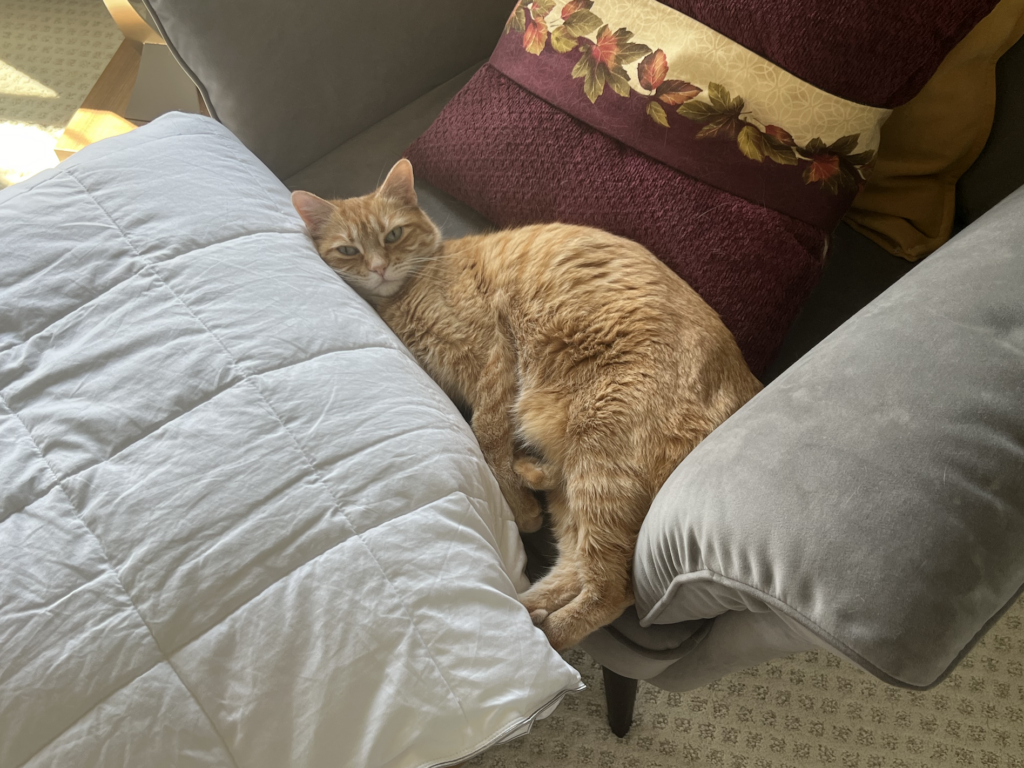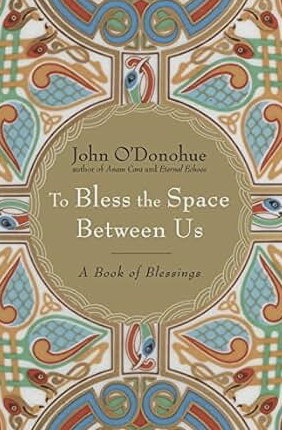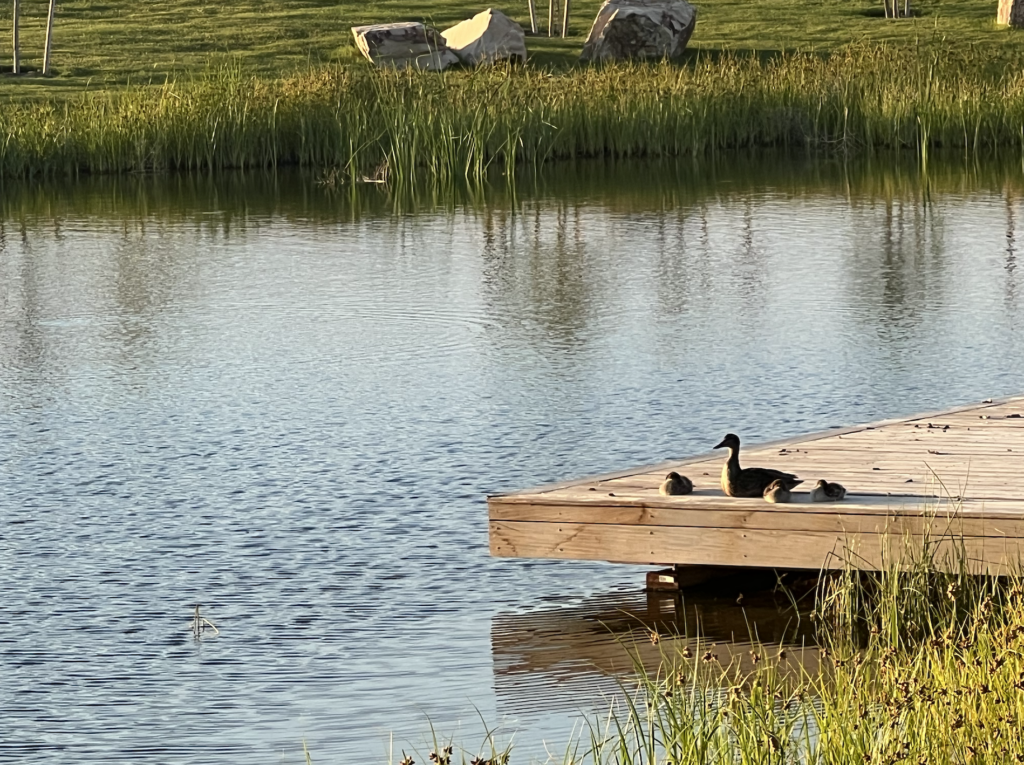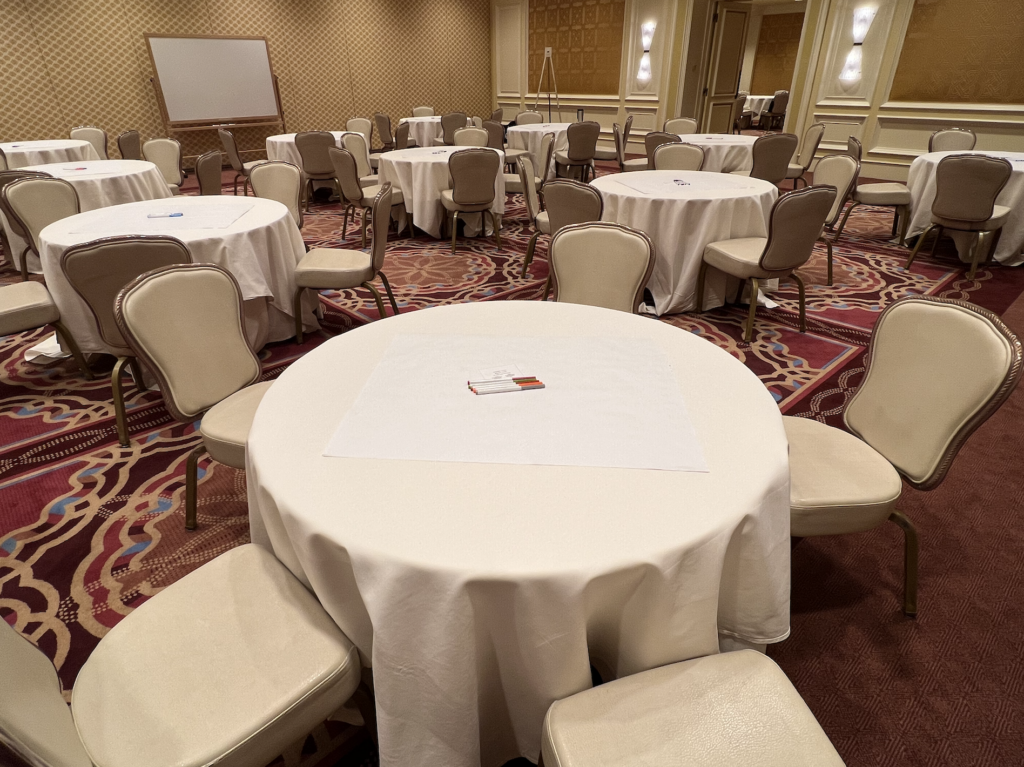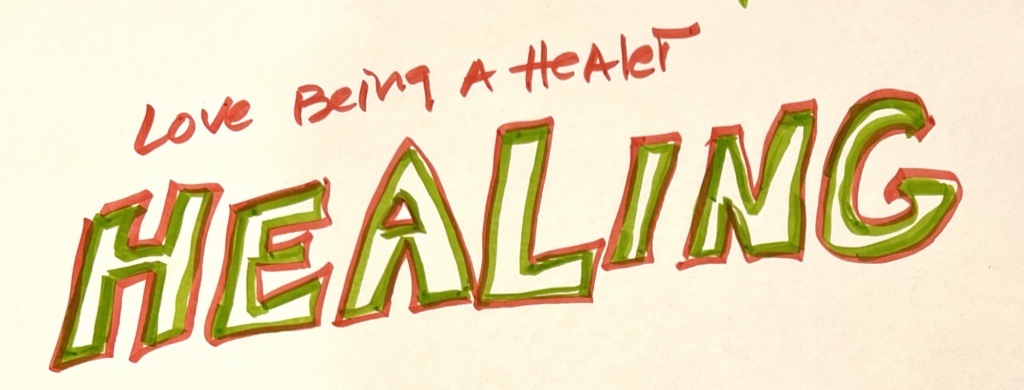Human to Human is both a daily blog and a podcast. Podcast episodes are monthly. The 2024 theme is Practicing For Peace. Listen here.
Human to Human, this blog, is journalling and learning in public, Monday through Thursday, in which I post current learnings that weave my poetry, my coaching, and my group process facilitation. Posts are 300-500 words, often with photos, intended to be read in five minutes and to inspire reflection, individually and communally, on varied aspects of participative leadership practices, insights, and human to human depth.

